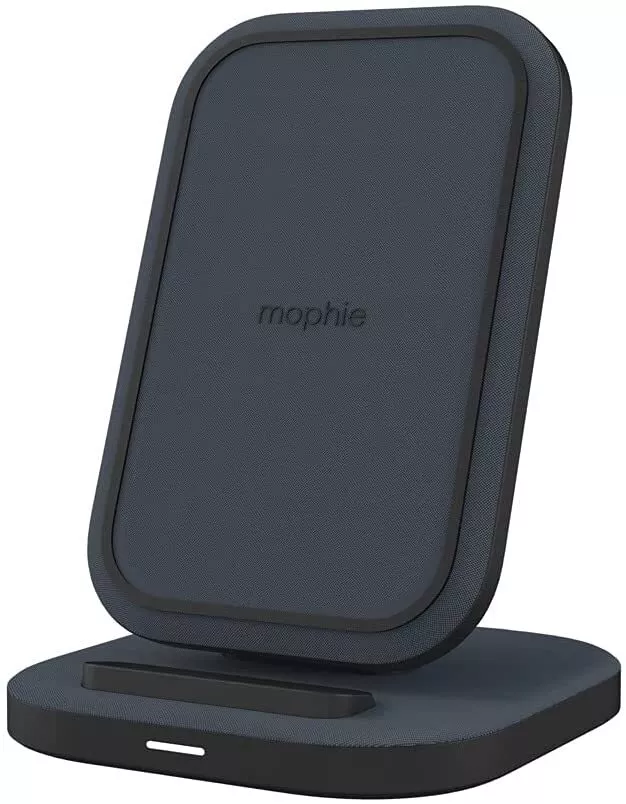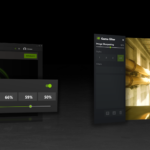Many people wonder if charging their phones overnight harms the battery. Modern smartphones are equipped with safeguards to prevent overcharging, making it generally safe to leave your phone plugged in overnight. However, factors such as heat and consistently charging to 100% can negatively affect battery health.
This guide explains how phone batteries work, discusses the impacts of overnight charging, and offers tips for maintaining battery health. We also explore wireless charging as a convenient alternative, comparing its pros and cons to wired charging. By understanding these aspects, you can make informed decisions about charging your phone and maximize your battery’s lifespan.
Charging Your Phone Overnight: Is it Safe?
Many people charge their phones overnight. It’s convenient. But you might have heard it’s bad for your phone’s battery. Is this true? The short answer is no. Modern smartphones are designed to handle overnight charging.
How Phone Batteries Work
Phone batteries use lithium-ion technology. These batteries charge quickly and hold a charge well. They also have built-in safety features.
Smart Charging Technology
Modern smartphones have smart charging circuits. These circuits protect the battery from overcharging. When the battery reaches 100%, the phone stops charging. The phone may use a trickle charge to keep the battery at 100% while plugged in.
Things That Can Affect Battery Health
While overnight charging is generally safe, some things can affect your phone’s battery health:
- Heat: Excessive heat can damage batteries. Avoid leaving your phone under a pillow or in direct sunlight while charging.
- Using your phone while charging: This can generate heat and stress the battery.
- Consistently charging to 100%: While convenient, it’s best to keep your battery between 20% and 80% for optimal lifespan.
Tips for Healthy Battery Habits
- Use the charger that came with your phone: Or a certified charger from a reputable brand.
- Avoid extreme temperatures: Don’t leave your phone in a hot car or expose it to freezing temperatures.
- Update your phone’s software: Software updates often include battery optimization features.
- Remove your phone case while charging: If it causes the phone to overheat.
Battery Lifespan
Phone batteries have a limited lifespan. They will eventually need to be replaced. But with proper care, you can extend the life of your battery.
Wireless Charging: A Convenient Alternative
Wireless charging is becoming increasingly popular. It allows you to charge your phone without plugging it in. Simply place your phone on a wireless charging pad.
How Wireless Charging Works
Wireless charging uses electromagnetic induction to transfer energy from the charging pad to your phone.
Benefits of Wireless Charging
- Convenience: No need to fumble with cables.
- Reduced wear and tear: Less stress on your phone’s charging port.
Considerations for Wireless Charging
- Slower charging speeds: Wireless charging is generally slower than wired charging.
- Compatibility: Not all phones support wireless charging.
- Heat: Wireless charging can generate some heat.
| Charging Method | Pros | Cons |
|---|---|---|
| Wired Charging | Faster charging speeds | Can cause wear and tear on the charging port |
| Wireless Charging | Convenient, less wear and tear | Slower charging speeds, may generate heat |
Battery Charging Basics
Lithium-ion batteries power most smartphones today. These batteries have a limited lifespan and degrade over time. Charging cycles affect battery health. One cycle occurs when you use 100% of the battery’s capacity, not necessarily in one go.
Modern phones have built-in protections against overcharging. When the battery reaches 100%, the phone stops drawing power. This prevents damage from leaving your phone plugged in overnight.
Battery capacity decreases with age. An older phone may only reach 82% charge in the same time a new one reaches 100%. Factors like heat and charging patterns also impact battery life.
Common Questions About Overnight Phone Charging
What Happens When a Phone Stays Plugged In After Reaching Full Charge?
Modern phones use lithium-ion batteries with built-in protection circuits. These circuits stop charging when the battery reaches 100%. The phone then runs directly off the power supply. This process, called trickle charging, maintains the full charge without overloading the battery.
Does Overnight Charging Affect Android Phone Battery Life?
Charging Android phones overnight generally doesn’t harm battery longevity. Most devices have systems to prevent overcharging. However, keeping batteries at 100% for long periods may slightly reduce their lifespan. It’s best to keep charge levels between 20% and 80% for optimal battery health.
Can Overnight Charging Damage iPhone Batteries?
iPhones have built-in safeguards against overcharging. Once fully charged, they stop drawing power from the charger. While constant overnight charging isn’t ideal, it won’t significantly harm the battery. Apple’s software updates include features to optimize charging and reduce battery aging.
Are There Fire Risks from Charging Phones Overnight?
The risk of fire from overnight phone charging is very low when using manufacturer-approved chargers and cables. Problems can arise from using damaged or low-quality charging equipment. To minimize risks:
- Use original or certified chargers
- Avoid covering the phone while charging
- Keep the phone on a hard, flat surface
Health Effects of Sleeping Near a Charging Phone
Sleeping next to a charging phone poses minimal health risks. Phones emit very low levels of electromagnetic radiation, well below safety limits. However, some people prefer keeping phones away from the bed to:
- Reduce blue light exposure
- Minimize sleep disruptions from notifications
- Lower temptation to use the phone at night
Impact of Overnight Charging on Electricity Use
The electricity consumed by overnight phone charging is minimal. A typical smartphone uses about 2 to 6 watts while charging, costing just a few cents per month. Energy-efficient chargers further reduce consumption. The environmental impact is negligible compared to other household electronics.







